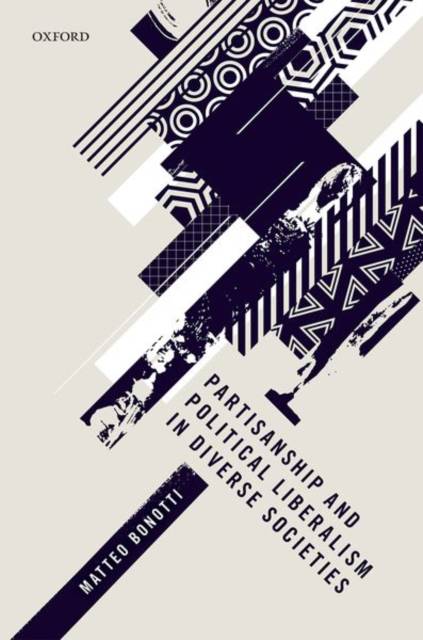
Je cadeautjes zeker op tijd in huis hebben voor de feestdagen? Kom langs in onze winkels en vind het perfecte geschenk!
- Afhalen na 1 uur in een winkel met voorraad
- Gratis thuislevering in België vanaf € 30
- Ruim aanbod met 7 miljoen producten
Je cadeautjes zeker op tijd in huis hebben voor de feestdagen? Kom langs in onze winkels en vind het perfecte geschenk!
- Afhalen na 1 uur in een winkel met voorraad
- Gratis thuislevering in België vanaf € 30
- Ruim aanbod met 7 miljoen producten
Zoeken
€ 177,45
+ 354 punten
Omschrijving
Since its publication in 1993, John Rawls's Political Liberalism has been central to debates concerning political legitimacy, democratic theory, toleration, and multiculturalism in contemporary political theory. Yet, despite the immense body of literature which has been produced since Rawls's work was published, very little has been said or written regarding the place of political parties and partisanship within political liberalism. This book aims to fill this gap in the literature. Its central argument is that political liberalism needs and nourishes political parties, and that political parties are therefore not hostile but vital to it. First, partisanship generates its own distinctive kind of political obligations, additional to any political obligations people may have qua ordinary citizens. Second, contrary to what many critics argue, and despite its admittedly restrictive features, Rawls's conception of public reason allows significant scope for partisan advocacy and partisan pluralism, and in fact the very normative demands of partisanship are in syntony with those of public reason. Third, parties contribute to the overlapping consensus that for Rawls guarantees stability in diverse societies. Fourth, political liberalism nourishes political parties, by leaving many issues, including religious and socio-economic ones, open to democratic contestation. In summary, parties contribute both to the legitimacy and to the stability of political liberalism.
Specificaties
Betrokkenen
- Auteur(s):
- Uitgeverij:
Inhoud
- Aantal bladzijden:
- 208
- Taal:
- Engels
Eigenschappen
- Productcode (EAN):
- 9780198739500
- Verschijningsdatum:
- 20/09/2017
- Uitvoering:
- Hardcover
- Formaat:
- Genaaid
- Afmetingen:
- 155 mm x 236 mm
- Gewicht:
- 476 g

Alleen bij Standaard Boekhandel
+ 354 punten op je klantenkaart van Standaard Boekhandel
Beoordelingen
We publiceren alleen reviews die voldoen aan de voorwaarden voor reviews. Bekijk onze voorwaarden voor reviews.









